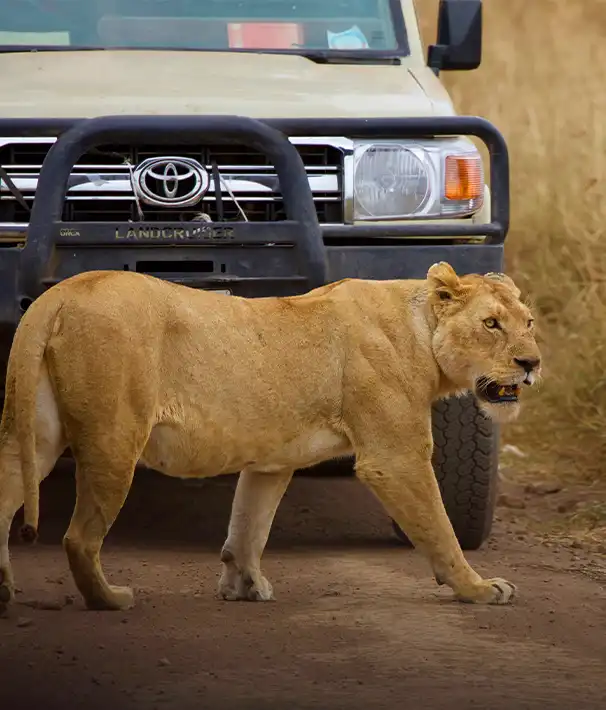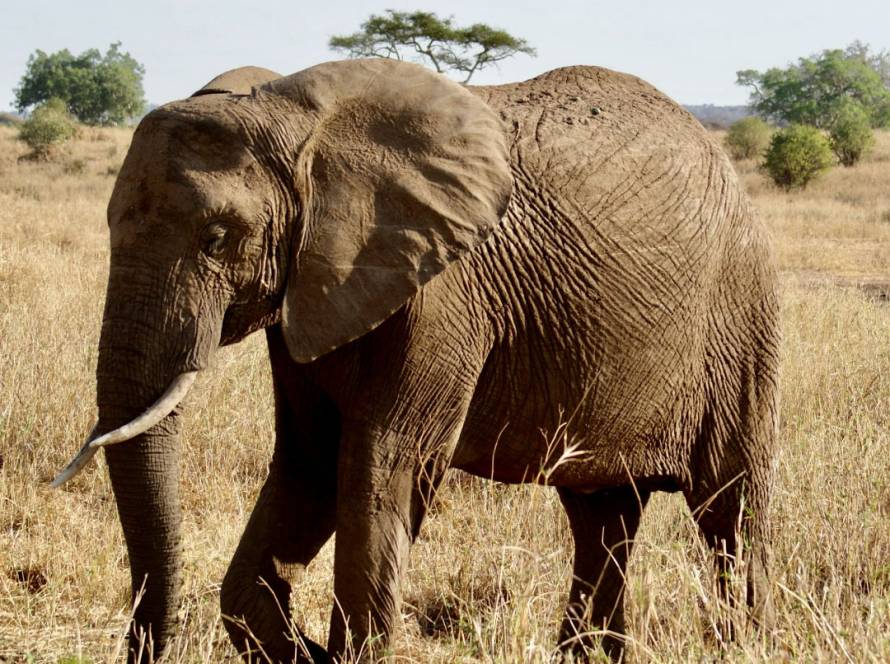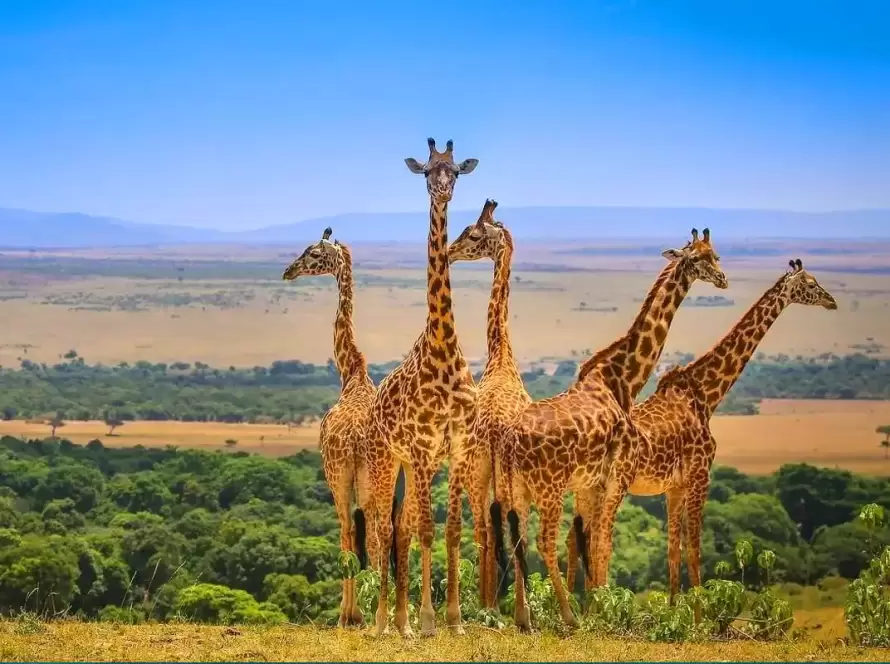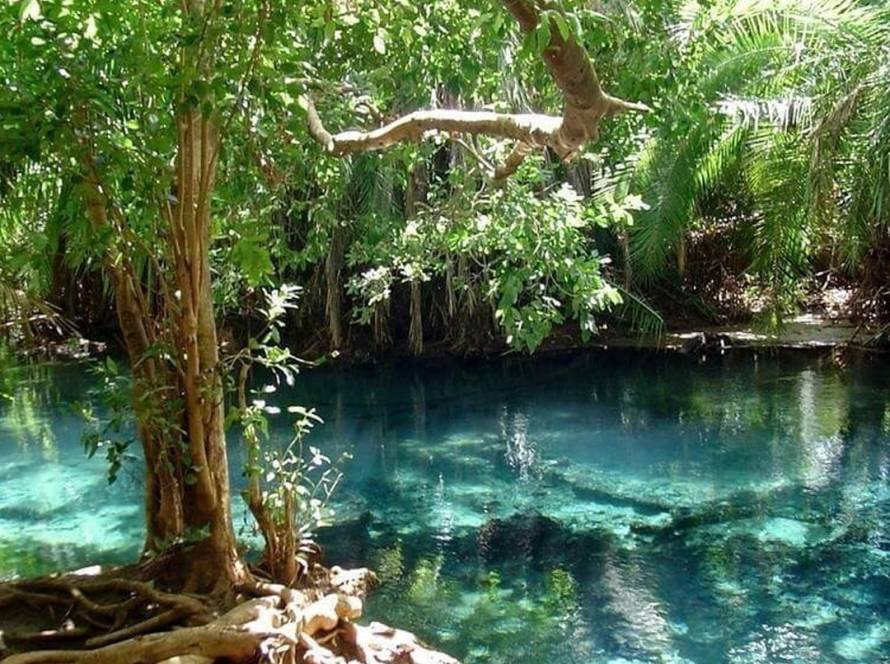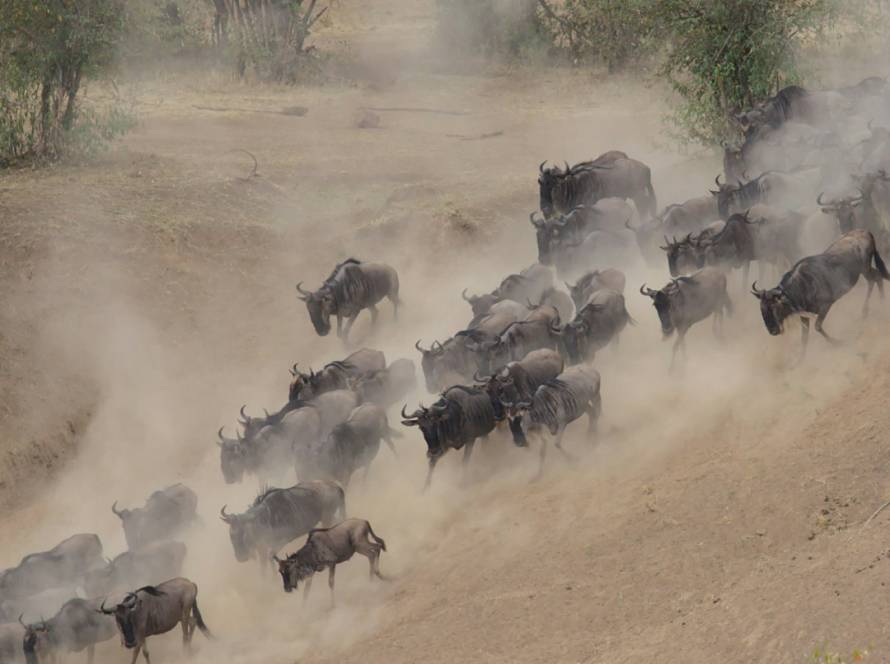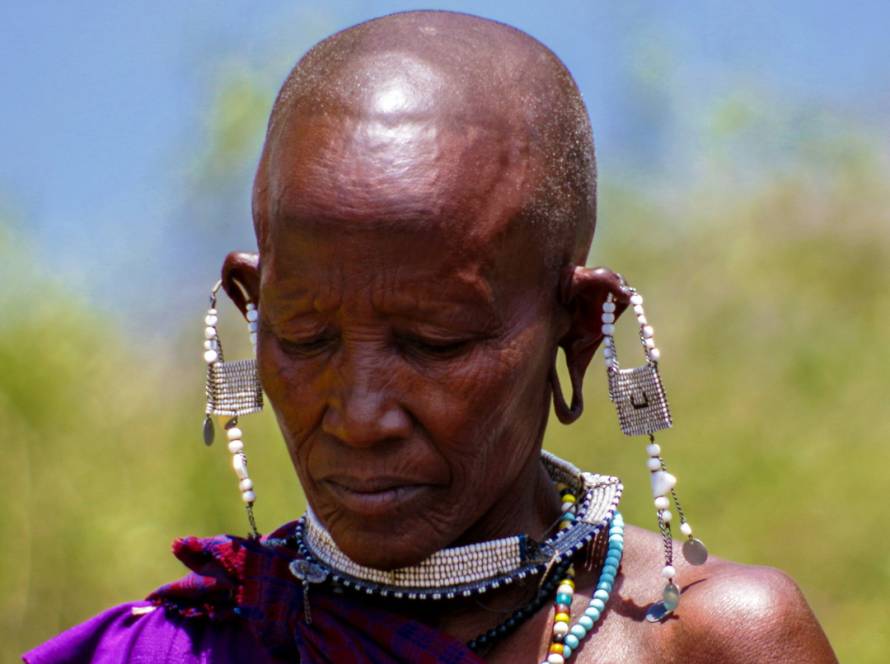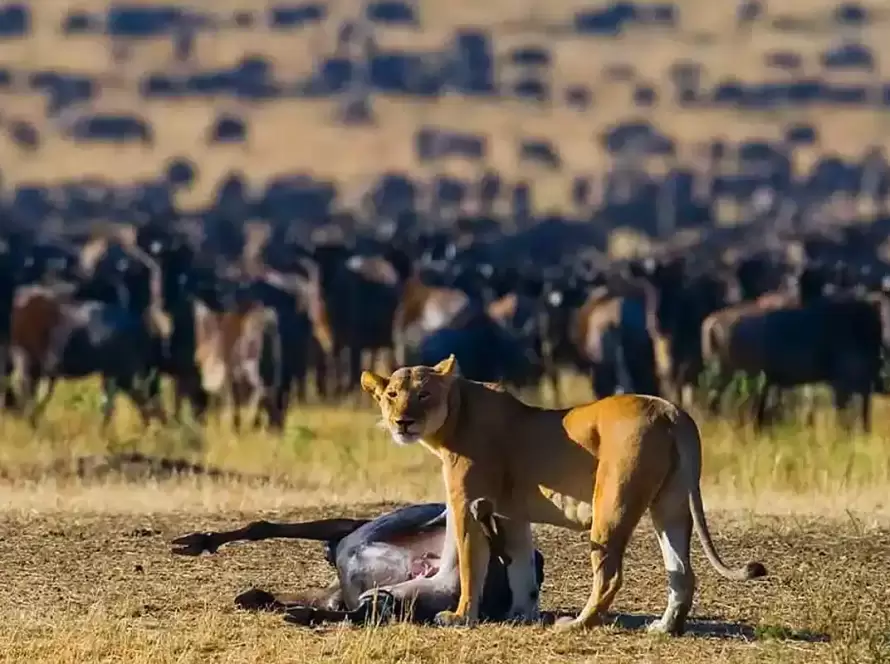Tanzania Travel Insurance
Tanzania Travel Insurance: What You Need to Know Before You Go
So, you’re packing for the trip of a lifetime—maybe it’s a Serengeti safari, a Mount Kilimanjaro trek, or a lazy week on Zanzibar’s beaches. But have you thought about travel insurance? Yeah, it’s not as exciting as picking out your safari hat, but it might just be the smartest thing you bring along.
When you’re headed to a destination like Tanzania—where wild terrain, unpredictable weather, and limited access to healthcare are part of the adventure—travel insurance is more than just a checkbox. It’s peace of mind. In this guide, we’ll break down why it’s essential, what it should include, and how to find a policy that fits your trip.
Why You Need Travel Insurance for Tanzania
Tanzania is stunning, no doubt. But it’s also remote in many areas, and things don’t always go according to plan. Travel insurance can help you cover:
Medical emergencies and evacuation
You don’t want to get stuck with a massive bill if you need a helicopter off the Serengeti or medical treatment in Nairobi.Trip cancellations and interruptions
Missed flights, COVID-19 delays, lost luggage, or family emergencies back home—life happens.Adventure activity coverage
Kilimanjaro climbing, scuba diving in Zanzibar, or hot air balloon rides aren’t always included in basic plans.Theft or loss of belongings
Especially useful for those carrying camera gear or expensive electronics.
What Your Tanzania Travel Insurance Should Cover
Not all policies are created equal, especially when it comes to a destination like Tanzania. Look for a plan that includes:
1. Emergency Medical Coverage
Minimum recommended: $100,000 USD
Should include treatment at hospitals in Tanzania and air evacuation if needed
2. Emergency Evacuation & Repatriation
Especially important if you’re going off-grid (like a safari or Kilimanjaro)
Evacuation can cost $10,000+ without coverage
3. Trip Cancellation and Interruption
Reimburses you if your trip gets canceled due to illness, natural disasters, airline strikes, or other unexpected events
4. Adventure or High-Risk Activities
Mount Kilimanjaro climbs, diving, hiking, and even safari game drives may be considered “high-risk” by insurers
Be sure to select a policy that explicitly covers these
5. Lost, Stolen, or Damaged Belongings
Cameras, drones, laptops—make sure your valuable gear is included
Some policies have low payout limits unless you upgrade
Special Considerations for Tanzania Travelers
For Safari Travelers:
Ensure coverage includes air evacuation from remote lodges or parks.
Some policies partner with Flying Doctors or AMREF, which is a huge plus.
For Kilimanjaro Trekkers:
Altitude sickness is a real risk—make sure your policy covers high-altitude trekking (over 4,000m).
Evacuation from the mountain is typically by stretcher or helicopter—expensive without insurance.
For Zanzibar Visitors:
Add coverage for water activities like snorkeling, diving, and boating.
Keep in mind: hospital access on the island is limited.
Optional Add-Ons Worth Considering
COVID-19 Coverage: Some policies include testing, treatment, and quarantine expenses.
Cancel for Any Reason (CFAR): Higher premium, but more flexibility.
Electronics/Camera Gear Protection: Essential for photographers or content creators.
Rental Car Coverage: Not always included by default.
Comparing Insurance Providers
When choosing a travel insurance provider, focus on coverage, customer reviews, and claim reliability. Some popular options for Tanzania include:
World Nomads – Great for adventurous travelers and backpackers
SafetyWing – Budget-friendly and ideal for digital nomads
Allianz Travel Insurance – Well-known, with good trip interruption coverage
IMG Global – Offers policies that cover high-risk activities
Travel Guard by AIG – Good for families and long-term travelers
Tip: Always read the fine print. And double-check that Tanzania and all your planned activities are fully covered.
What It Might Cost
Here’s a ballpark idea of what to expect for a 2-week trip to Tanzania:
| Traveler Type | Estimated Cost (USD) |
|---|---|
| Solo Backpacker | $60 – $120 |
| Couple on Safari | $120 – $300 |
| Family of 4 | $250 – $500 |
| Kilimanjaro Trekker | $150 – $350 |
These are just averages; your cost will depend on age, destination specifics, and coverage details.
FAQs About Tanzania Travel Insurance
Is travel insurance mandatory for Tanzania?
No, but it’s strongly recommended, especially if you’re going on safari or climbing Kilimanjaro. Some tour companies even require it.
Can I buy insurance after arriving in Tanzania?
Some providers allow this, but it’s best to buy it before you depart to ensure full coverage from day one.
Does travel insurance cover COVID-19?
Most updated policies now include COVID-19-related coverage, but always check the specifics.
What happens if I get sick in a remote area?
With the right policy, you’ll get airlifted or transferred to a qualified medical facility—sometimes even to Nairobi or Johannesburg if necessary.
How do I file a claim from Tanzania?
Keep all receipts, reports, and proof of incident. Most claims are filed online, but some insurers offer WhatsApp support or 24/7 helplines.
Before You Buy: Quick Checklist
✔ Confirm medical coverage includes at least $100,000
✔ Make sure emergency evacuation is included
✔ Check that adventure activities (like safaris and trekking) are covered
✔ Verify COVID-19 and trip interruption protection
✔ Compare at least 2–3 providers for the best deal
✔ Download your policy and save it offline
Top Tanzania Safari FAQ's
What is included in a Terra Safaris package?
Our packages typically include accommodations, guided game drives, park entry fees, and most meals. Detailed inclusions are provided with each itinerary.
Can I customize my safari itinerary?
Absolutely! We specialize in tailoring safaris to meet your specific interests, preferences, and travel dates.
Are safaris suitable for families with children?
Yes, we offer family-friendly safaris with age-appropriate activities, though some parks and camps may have minimum age requirements.
How safe is a Tanzania safari?
Safety is a top priority. With experienced guides and strict adherence to park rules, safaris with Terra Safaris are very safe.
What type of vehicles are used for the safaris?
We use specially modified 4×4 safari vehicles with open rooftops to ensure excellent wildlife viewing and comfort.
Do I need travel insurance for my safari?
Yes, we highly recommend purchasing comprehensive travel insurance that covers medical emergencies, trip cancellations, and personal belongings.
What vaccinations are recommended before traveling to Tanzania?
Commonly recommended vaccinations include Yellow Fever, Hepatitis A and B, Typhoid, and Tetanus. Always consult your healthcare provider for up-to-date advice.
